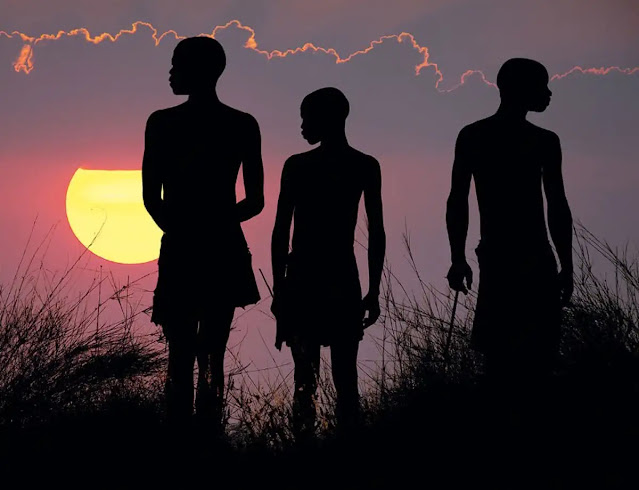When I write about living with pain, I don’t have to use my imagination. Since 1976 I have been afflicted with chronic head pain that has grown worse over the decades. This condition has thrown a granite boulder across the tracks of my meditation practice. Pain often wipes a day and night off my calendar, and sometimes more at a stretch. The condition has cost me a total of several years of productive activity. Because intense head pain makes reading difficult, it has at times even threatened my vocation as a scholar and translator of Buddhist texts.
In search of a cure, I have consulted not only practitioners of Western medicine but also herbal physicians in remote Sri Lankan villages. I’ve been pierced countless times by acupuncture needles. I’ve subjected my body to the hands of a Chinese massage therapist in Singapore, consumed Tibetan medicine pills in Dharamsala, and sought help from exorcists and chakra healers in Bali. With only moderate success, I currently depend on several medications to keep the pain under control. They cannot extricate it by the root.
The Buddha compares being afflicted with bodily pain to being struck by an arrow.
Adding mental pain (aversion, displeasure, depression, or self-pity)
to physical pain is like being hit by a second arrow.
I know firsthand that chronic bodily pain can eat deeply into the entrails of the spirit. It can cast dark shadows over the chambers of the heart and pull one down into moods of dejection and despair. I cannot claim to have triumphed over pain, but in the course of our long relationship, I’ve discovered some guidelines that have helped me to endure the experience.
First of all, it is useful to recognize the distinction between physical pain
and the mental reaction to it. Although body and mind are closely intertwined,
the mind does not have to share the same fate as the body.
When the body feels pain, the mind can stand back from it.
Instead of allowing itself to be dragged down, the mind can simply observe the pain.
Indeed, the mind can even turn the pain around and transform
it into a means of inner growth.
The Buddha compares being afflicted with bodily pain to being struck by an arrow.
Adding mental pain (aversion, displeasure, depression, or self-pity) to physical pain
is like being hit by a second arrow.
The wise person stops with the first arrow.
Simply by calling the pain by its true name, one can keep it from extending
beyond the physical, and thereby stop it from inflicting deep
and penetrating wounds upon the spirit.
Pain can be regarded as a teacher—a stern one that can also be eloquent. My head pain has often felt like a built-in buddha who constantly reminds me of the first noble truth. With such a teacher, I hardly need to consult the sermon in Deer Park at Benares. In order to hear the reverberations of the Buddha’s voice declaring that whatever is felt is included in suffering,
all I have to do is attend to the sensations in my head.
My own effort to deal with chronic pain has helped me to develop patience, courage, determination, equanimity, and compassion.
The experience of chronic pain has enabled me to understand how inseparable pain is from the human condition. This is something that we in America, habituated as we are to comfort and convenience, tend to forget. Chronic pain has helped me to empathize with the billions living daily with the gnawing pain of hunger; with the millions of women walking miles each day to fetch water for their families; with those in Third World countries who lie on beds in poorly equipped, understaffed hospitals, staring blankly at the wall.
Whatever feelings there may be—past, present, or future—
all feeling is not mine, not I, not my self.
-The Buddha
The most powerful tool I’ve found for mitigating pain’s impact is a short meditative formula repeated many times in the Buddha’s discourses: “Whatever feelings there may be—past, present, or future—all feeling is not mine, not I, not my self.” Benefiting from this technique does not require deep samadhi or a breakthrough to profound insight. Even using this formula during periods of reflective contemplation helps to create a distance between oneself and one’s experience of pain.
Such contemplation deprives the pain of its power to create nodes of personal identification within the mind, and thus builds equanimity and fortitude. Although the technique takes time and effort, when the three terms of contemplation—“not mine, not I, not my self”—gain momentum, pain loses its sting and cracks opens the door to the end of pain, the door to ultimate freedom.
~ Bhikkhu Bodhi|
excerpts from a Lion's Roar article



































